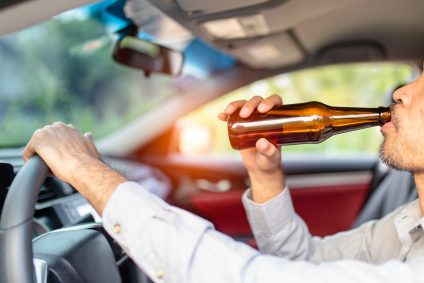
What’s wrong with anti-vaxxers?
Why do they cling to absurd and nonsensical conspiracies despite the fact that they’ve never been right in the entire 200 year history of the anti-vax movement?
The dirty little secret:
They’re psychologically weak and emotionally needy; anti-vax eases their sense of powerlessness and fills a desperate desire to feel both clever and important.
Anti-vax belief reflects psychological neediness.
According to Medical conspiracy theories: cognitive science and implications for ethics:
Anti-vaxxers are anxious:
Humans are natural intention seekers, but this tendency is especially enhanced under conditions of anxiety… [M]agical thinking becomes especially preponderant in the face of uncertainty. Superstitious behavior that also “connects the dots” by establishing causal relationships amongst unrelated phenomena, becomes more prominent in times of difficulties.
Anti-vaxxers feel powerless:
People who make a connection between vaccines and autism are frequently parents of autistic children themselves. There is no known cause or cure for autism, so in those cases, feelings of powerlessness are considerable, and this feeds more into the theory that there is a conspiracy at play.
Anti-vaxxers are desperate to feel important:
…[I]t has been empirically established that conspiracy theories are related to “collective narcissism.”
Not surprisingly, since anti-vax reflects emotional needs — anxiety, powerlessness and collective narcissism — it is unlikely to be ameliorated by education efforts. That’s why education attempts often backfire.
Unfortunately, it is extremely difficult to address the anxiety and sense of powerlessness that fuels belief in anti-vax. That requires government intervention and in the current political environment such intervention is unlikely.
What about the tendency toward collective narcissism? That may be easier to address.
Indeed it has been addressed with remarkable success in the case of drunk driving.
People drink and drive for deep psychological reasons and are unlikely to respond to education attempts. But they have responded to a concerted effort against collective narcissism. Drunk driving used to be viewed by drunk drivers as “cool.” Mothers Against Drunk Driving nearly single handedly changed drunk driving from “cool” to socially unacceptable. Instead of being a source of self-esteem, drunk driving has become a source of shame.
Anti-vax is the intellectual equivalent of drunk driving. It’s seen by its adherents as a sign that they are “cool”: smarter, more knowledgeable and more realistic than others. We should be working to change anti-vax beliefs from a source of self-esteem to a source of shame.
How?
First we must emphasize that anti-vax isn’t a sign of intellectual strength; it’s a sign of emotional neediness. Anti-vaxxers aren’t smarter; they’re just anxious. They aren’t more realistic; they just feel powerless. Those who believe anti-vax celebrities aren’t more knowledgeable; they’re just more gullible.
Second, we must emphasize that liberty does not give people the right to hurt others. Just as there is no “right” to drive drunk and inadvertently harm or kill others, there is no “right” to go out into society unvaccinated and inadvertently harm or kill others.
Finally, we must work to stigmatize anti-vax beliefs.
In addition to “Friends don’t let friends drive drunk!” we should cultivate the belief that “Friends don’t let friends spout anti-vax nonsense!” Anti-vaxxers — like drunk drivers — aren’t cool. They’re pathetic and they must be stopped.

